Rwandan win at La Francophonie good sign for Rwanda-France ties: experts
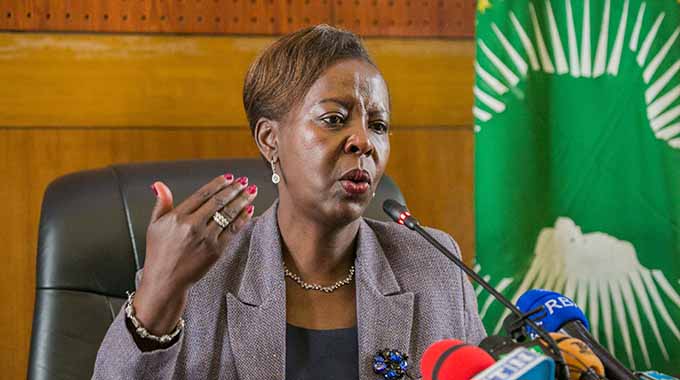
KIGALI. — The Rwandan foreign minister’s election as head of La Francophonie, with French support, is a good sign for Rwanda-France ties, which have been bumpy over the 1994 Rwandan genocide, Rwandan experts said.
Foreign minister Louise Mushikiwabo was elected last week as the new secretary general of the international organization of French speaking countries. The grouping has 58 members and 26 observers which either speak French or have had cultural or historical ties with France. The French embassy in Rwanda congratulated Mushikiwabo and her entire campaign team on her election, according to a media report. French President Emmanuel Macron’s endorsement to Mushikiwabo’s candidature is a good sign of improving bilateral ties and mutual respect for both governments, said Ismael Buchanan, dean of the School of Economics and Governance at the University of Rwanda. He said the relationship between the two countries is going to improve as much as they can in terms of diplomatic and economic ties, and that both countries will work together to supporting Mushikiwabo’s agendas, including increasing the influence of the French language.
Christopher Kayumba, senior lecturer of School of Journalism and Communication at the University of Rwanda, also agreed that France’s support for Mushikiwabo for the top position of the French-speaking countries’ organization is a good sign for the relations between Rwanda and France. “Don’t be surprised if she (Mushikiwabo) leads quiet diplomacy towards normalizing relations with France,” since the organization is headquartered in Paris, France, where Mushikiwabo will work, said Kayumba. France’s role during the April-July 1994 genocide in Rwanda has for years been the subject of intense scrutiny and much controversy, with both Paris and Kigali trying to pin responsibility on the other for the genocide.
While Rwanda has repeatedly accused France of backing the genocidal regime government, allegedly arming and training the Hutu ethnic group perpetrators responsible for the mass murder during genocide, France has denied the accusations of murder, insisting its forces worked to protect the civilians. Rwanda severed diplomatic relations with France in 2006 following the issue by a French judge of nine arrest warrants against Rwandan officials in the case of the attack on the aircraft of former Rwandan President Juvenal Habyarimana in April 1994, which triggered the 100-day genocide. The central African country decided to restore diplomatic relations with France in 2009. France has no ambassador to Rwanda since the latest ambassador left the post in 2015.
Experts, however, said it takes time to fully mend the relationship. “This (restoring the relationship) will not appear overnight,” said Emery Nzirabatinya, an international relations expert. Both countries ought to play their respective roles to ensure that the relationship is of mutual interest, he said. The main factor to move forward will be France’s willingness to accept responsibility for the genocide and apologize, said Kayumba. Until France owns up to its role in the genocide and takes responsibility, it will be difficult to move the relations forward, the scholar said. The government of Rwanda still remains hopeful that France may start a new chapter 24 years after the genocide regarding its role during that period, Buchanan said.
The small African country’s victory in the election could help foster its new international identity and promote the country’s interests on the global arena, experts say. Rwanda, which joined the Commonwealth in 2009 following its government’s decision to change the medium of education from French to English in 2008, is expected to benefit more from its multiple identities in regional and international organizations following Mushikiwabo’s election, they say. – Xinhua

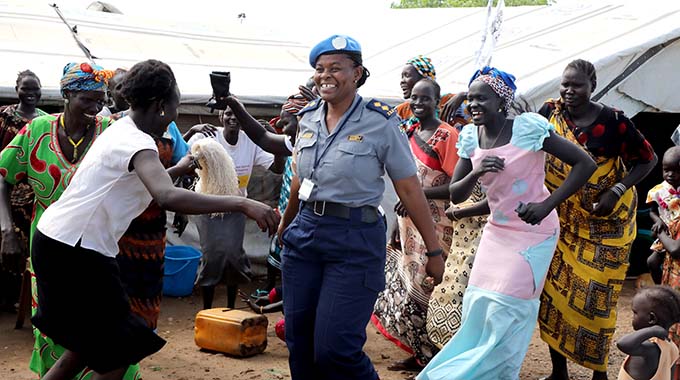
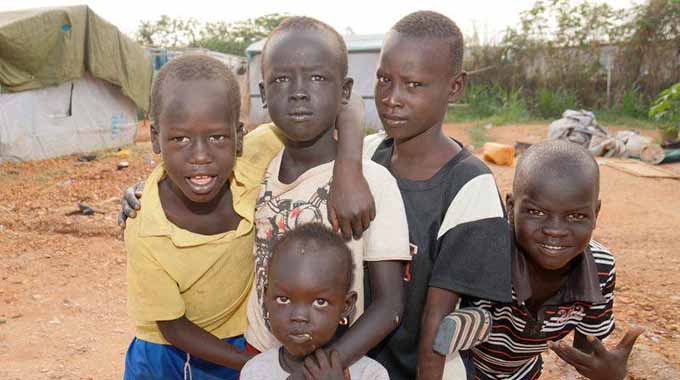
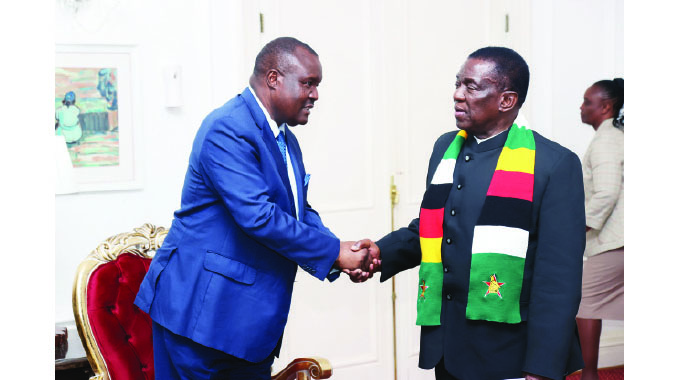
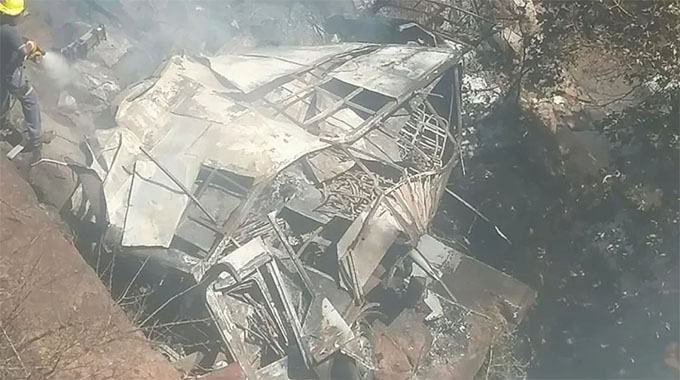


Comments